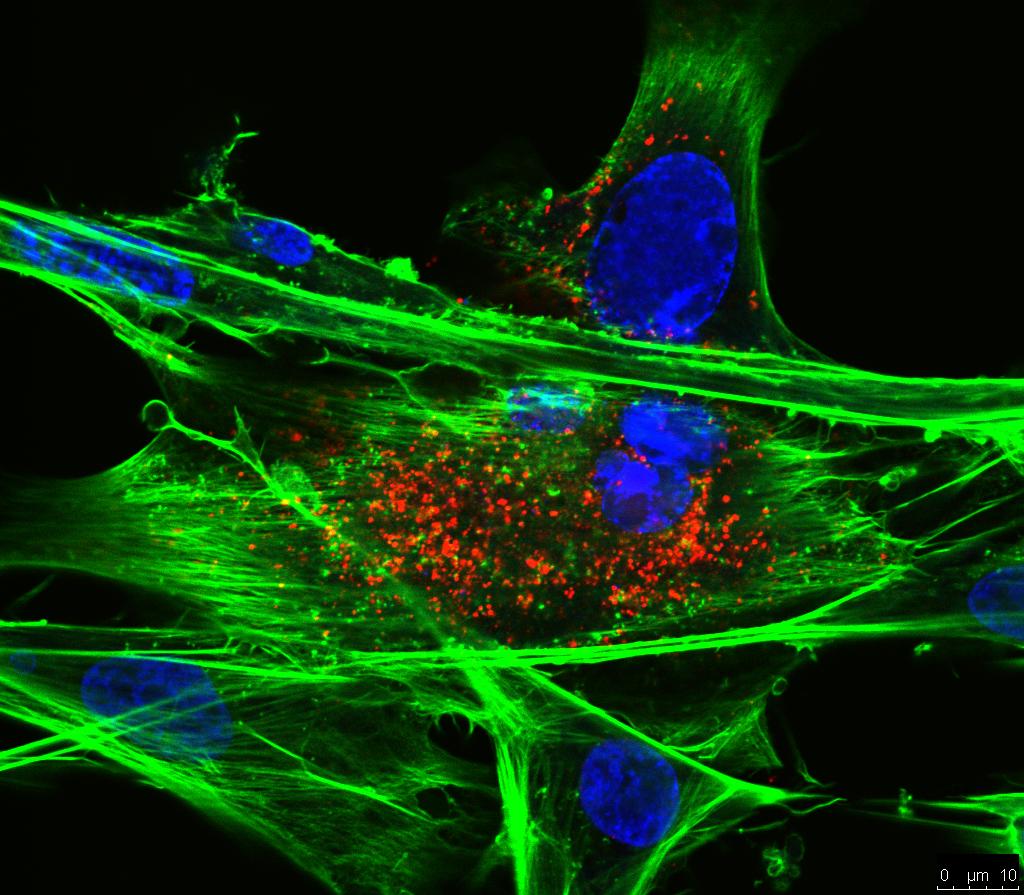Efficiency of NHEJ-CRISPR/Cas9 and Cre-LoxP Engineered Recombinant Turkey Herpesvirus Expressing Pasteurella multocida OmpH Protein for Fowl Cholera Prevention in Ducks
Fowl cholera is caused by the bacterium Pasteurella multocida, a highly transmissible avian ailment with significant global implications, leading to substantial economic repercussions. The control of fowl cholera outbreaks primarily relies on vaccination using traditional vaccines that are still in use today despite their many limitations. In this research, we describe the development of a genetically engineered herpesvirus of turkeys (HVT) that carries the OmpH gene from P. multocida integrated into UL 45/46 intergenic region using CRISPR/Cas9-NHEJ and Cre-Lox system editing. The integration and expression of the foreign cassettes were confirmed using polymerase chain reaction (PCR), indirect immunofluorescence assays, and Western blot assays. The novel recombinant virus (rHVT-OmpH) demonstrated stable integration of the OmpH gene even after 15 consecutive in vitro passages, along with similar in vitro growth kinetics as the parent HVT virus. The protective efficacy of the rHVT-OmpH vaccine was evaluated in vaccinated ducks by examining the levels of P. multocida OmpH-specific antibodies in serum samples using ELISA. Groups of ducks that received the rHVT-OmpH vaccine or the rOmpH protein with Montanide™ (SEPPIC, Paris, France) adjuvant exhibited high levels of antibodies, in contrast to the negative control groups that received the parental HVT or PBS. The recombinant rHVT-OmpH vaccine also provided complete protection against exposure to virulent P. multocida X-73 seven days post-vaccination. This outcome not only demonstrates that the HVT vector possesses many characteristics of an ideal recombinant viral vaccine vector for protecting non-chicken hosts, such as ducks, but also represents significant research progress in identifying a modern, effective vaccine candidate for combatting ancient infectious diseases.
